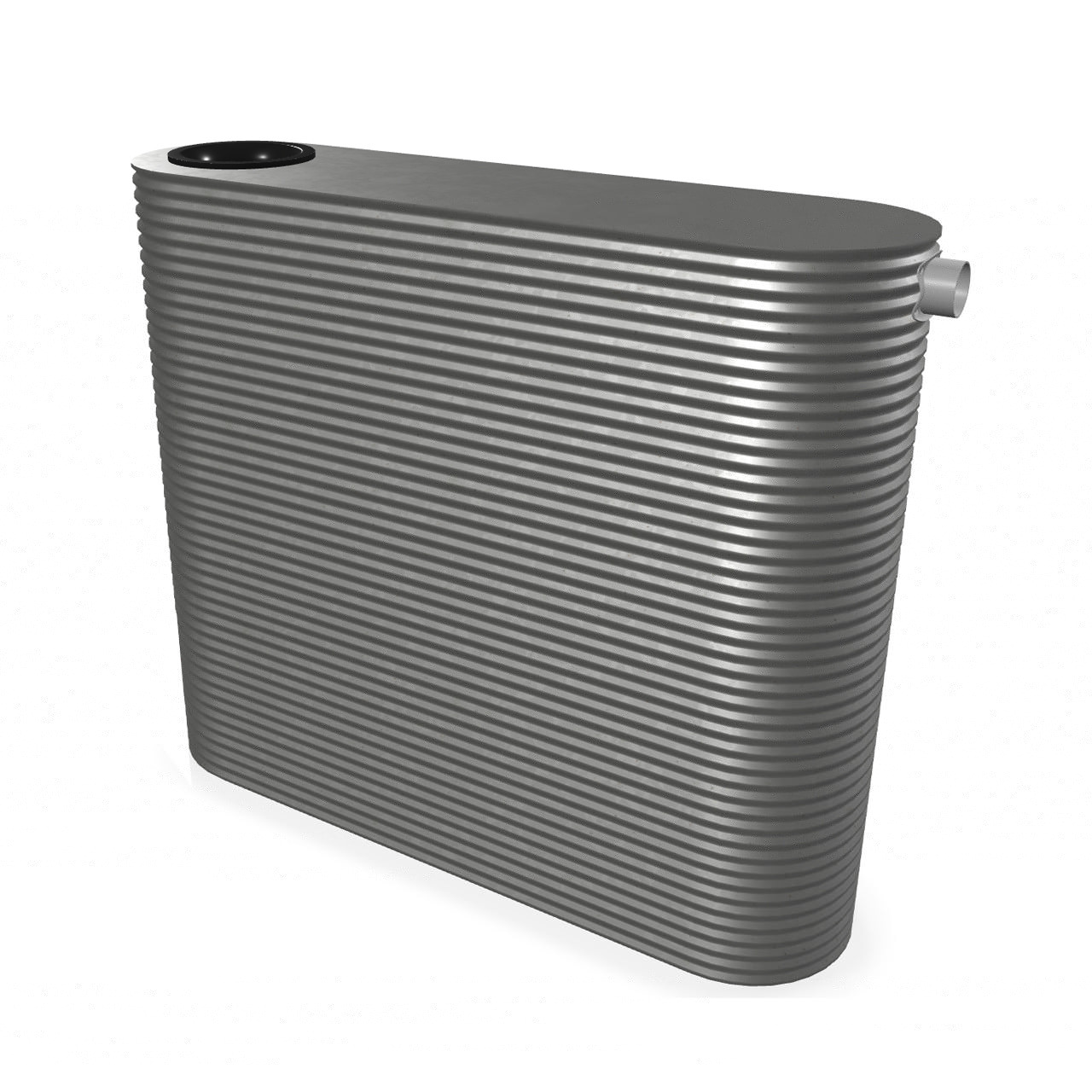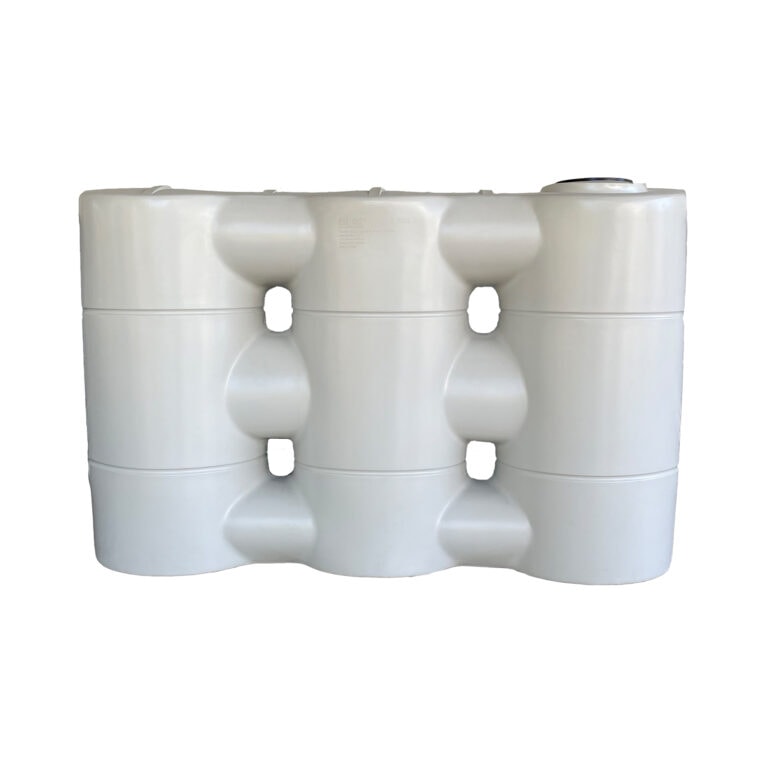Unveiling the Advantages of Rain Containers in Minimizing Water Costs and Ecological Impact
In a world where sustainability and cost-efficiency are progressively vital, the use of rain tanks provides a sensible and environmentally mindful solution. The advantages of including rain containers into property or industrial buildings extend beyond plain water costs decreases. By discovering the complex benefits of such systems, one can discover a riches of understandings right into how they add to a more sustainable future while positively impacting both finances and the environment.
Cost Financial Savings Through Rain Storage Tanks
When taking into consideration the application of rain storage tanks, significant price financial savings can be achieved with effective water management practices. Rainwater harvesting offers a sustainable option that not only reduces water bills however additionally minimizes the strain on metropolitan water sources. By recording and keeping rain for various non-potable usages such as watering, toilet flushing, and laundry, families and services can considerably lower their dependence on cured water from the grid, leading to considerable expense savings with time.
By using collected rain for tasks that do not need drinkable water, such as sprinkling gardens or cleaning vehicles, individuals can decrease their total water consumption from the mains supply, resulting in lowered water expenses. Additionally, rain storage tanks can aid alleviate the influence of water limitations or droughts by providing a different water source for essential tasks, guaranteeing connection in water supply without sustaining excessive prices.

Environmental Impact Decrease
Executing rainwater storage tanks not just leads to cost savings but additionally adds considerably to lowering the environmental effect linked with water intake. By capturing rainwater that would certainly or else run off right into storm drains pipes, rainwater storage tanks aid alleviate pressure on traditional water sources like rivers and storage tanks. This reduced demand for municipally dealt with water causes power financial savings and a decrease in the carbon impact related to water treatment and circulation procedures.
Additionally, utilizing rainwater for tasks such as horticulture, irrigation, and cleaning decreases the demand for making use of cured water for non-potable objectives. This preservation of drinkable water aids in protecting water sources for important usages and reduces the energy-intensive processes associated with treating water to satisfy alcohol consumption criteria.

Water Expense Decrease Benefits
The installment of rainwater storage tanks supplies considerable economic benefits with reductions in water expenses. By gathering and storing rain for various household makes use of, such as watering gardens, purging bathrooms, or doing laundry, homeowners can dramatically lower their dependence on the municipal water supply. This, consequently, results in a noticeable drop in water intake from standard sources, resulting in lower water expenses at the end of each billing cycle.
Rain is a totally free and sustainable resource that can supplement or also change the need for utilizing cured water for non-potable purposes. Therefore, families with rainwater tanks can see a considerable decrease in their overall water costs over time. Furthermore, during periods of water constraints or drought, having a rain storage tank can offer an important different water source, more reducing the dependence on pricey municipal water materials.
Basically, investing in a rainwater container not only adds to environmental conservation but also supplies concrete economic benefits by minimizing water bills and promoting long-lasting cost savings for house owners.
Lasting Water Management Solutions
Offered the economic advantages and reduced reliance on community water materials that rainwater containers supply, discovering sustainable water management options comes to be a logical next step for property owners seeking to maximize their water use. Lasting water administration involves executing techniques that effectively and properly use water sources while minimizing wastefulness and ecological impact. Rain harvesting, which entails gathering and saving rain for other later use, is an essential component of lasting water monitoring. By using rain tanks to capture and save rain, house owners can minimize their dependence on typical water sources, such as metropolitan materials or groundwater, thus adding to water preservation efforts.

In enhancement to rainwater harvesting, lasting water management remedies may consist of carrying out water-efficient devices, components, and landscape design techniques. By adopting these sustainable water monitoring strategies, house owners can not only enhance their water use but additionally contribute to ecological conservation and reduce their water costs in the long run.
Community Water Source Preservation

Additionally, area participation can extend to the application of water-saving modern technologies and techniques on a larger range. Motivating the adoption of rain containers, greywater recycling systems, and reliable irrigation approaches within communities can lead to significant decreases in water usage. In addition, promoting a feeling of collective duty for water conservation can advertise lasting behaviors and methods amongst community members.
In addition, neighborhood water source preservation efforts can pave the method for stronger bonds amongst homeowners and a shared commitment to environmental stewardship. By collaborating to safeguard and maintain water resources, neighborhoods can contribute dramatically to a more sustainable and resilient future.
Conclusion
To conclude, rainwater tanks use considerable cost savings, ecological benefits, and add to sustainable water administration services. By reducing water bills, saving water resources, and lessening environmental effect, rainwater storage tanks play a vital role in promoting water preservation and sustainability - Slimline water tanks. Their execution not just benefits specific see it here households but likewise adds to the broader goal of community water resource management and preservation